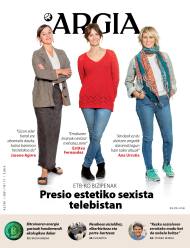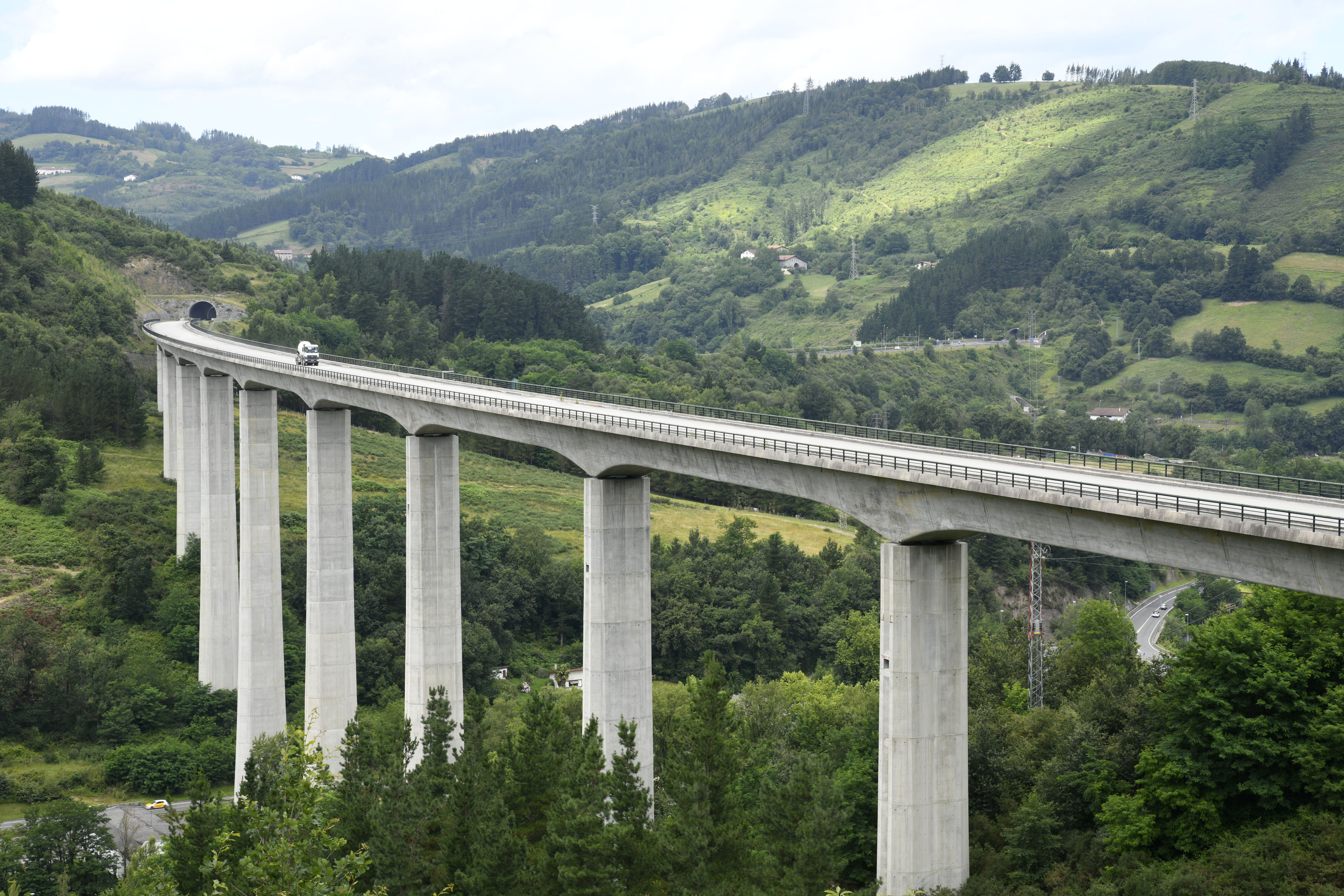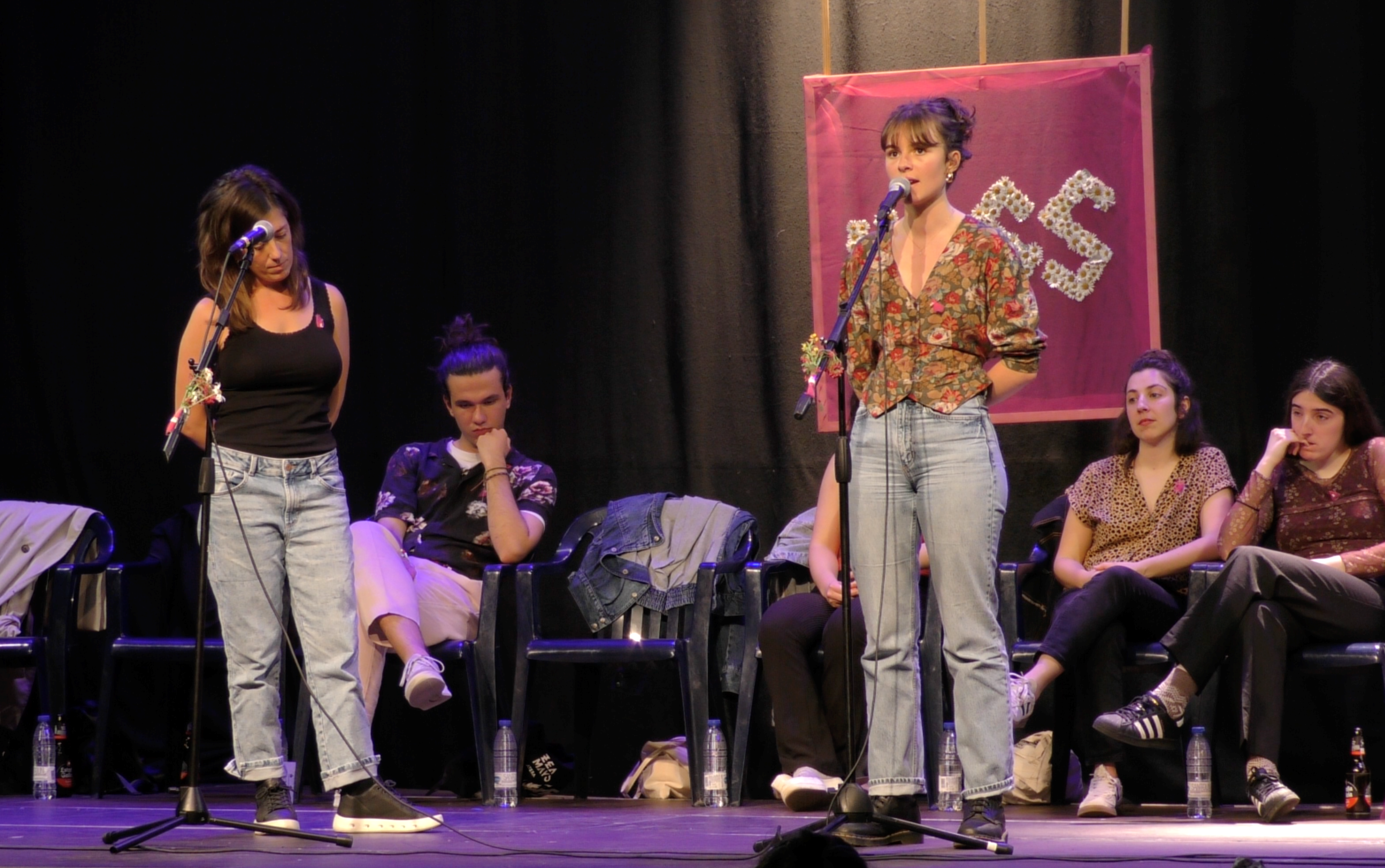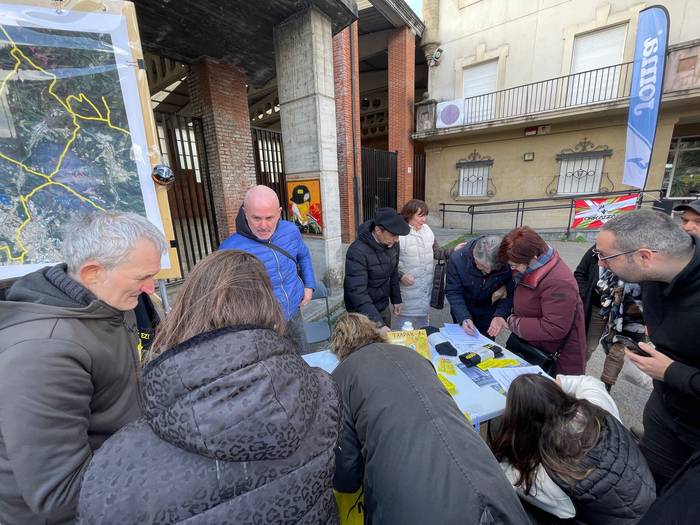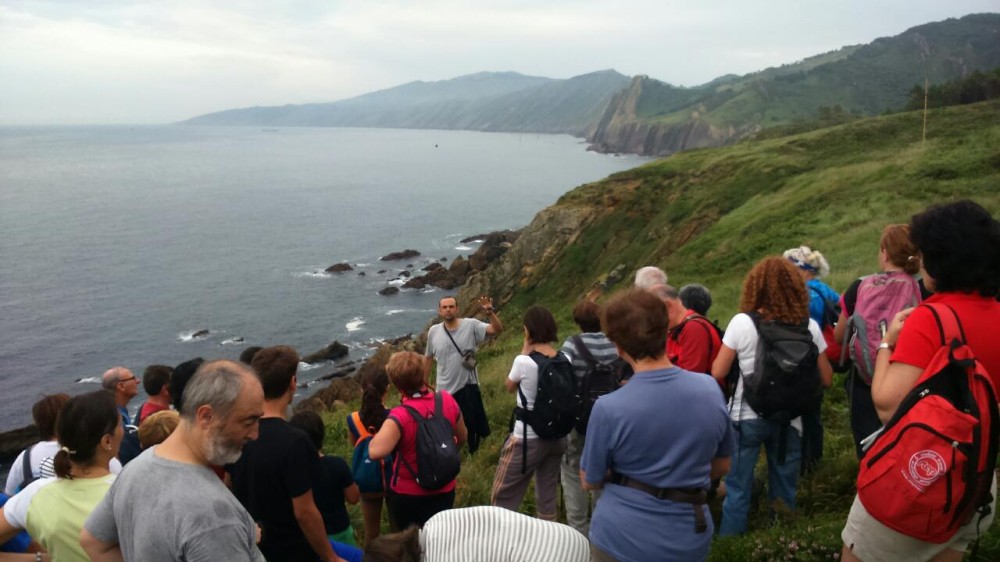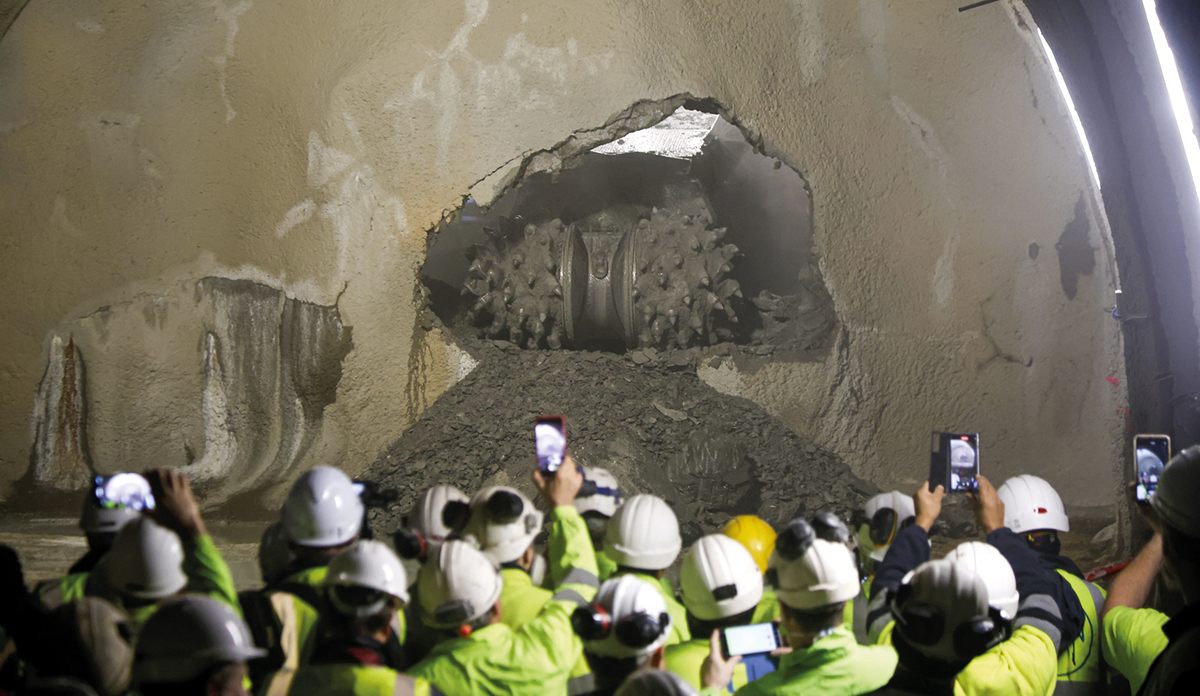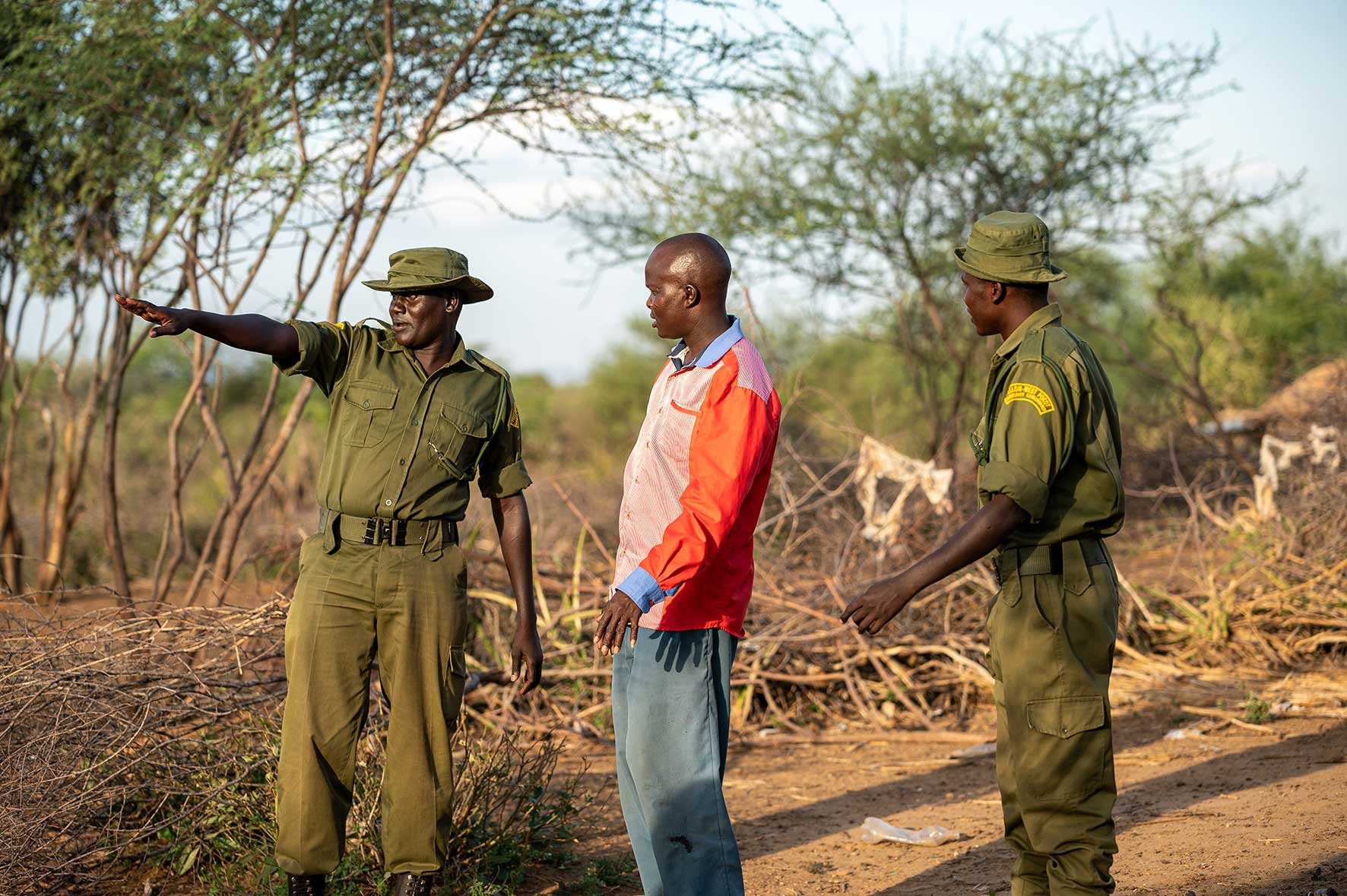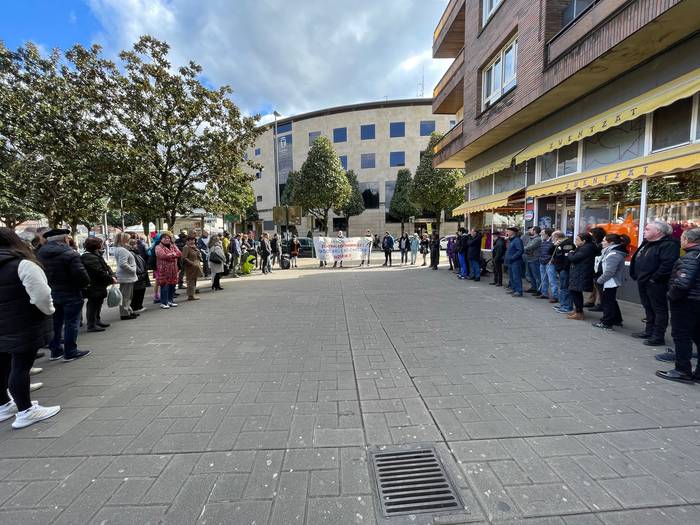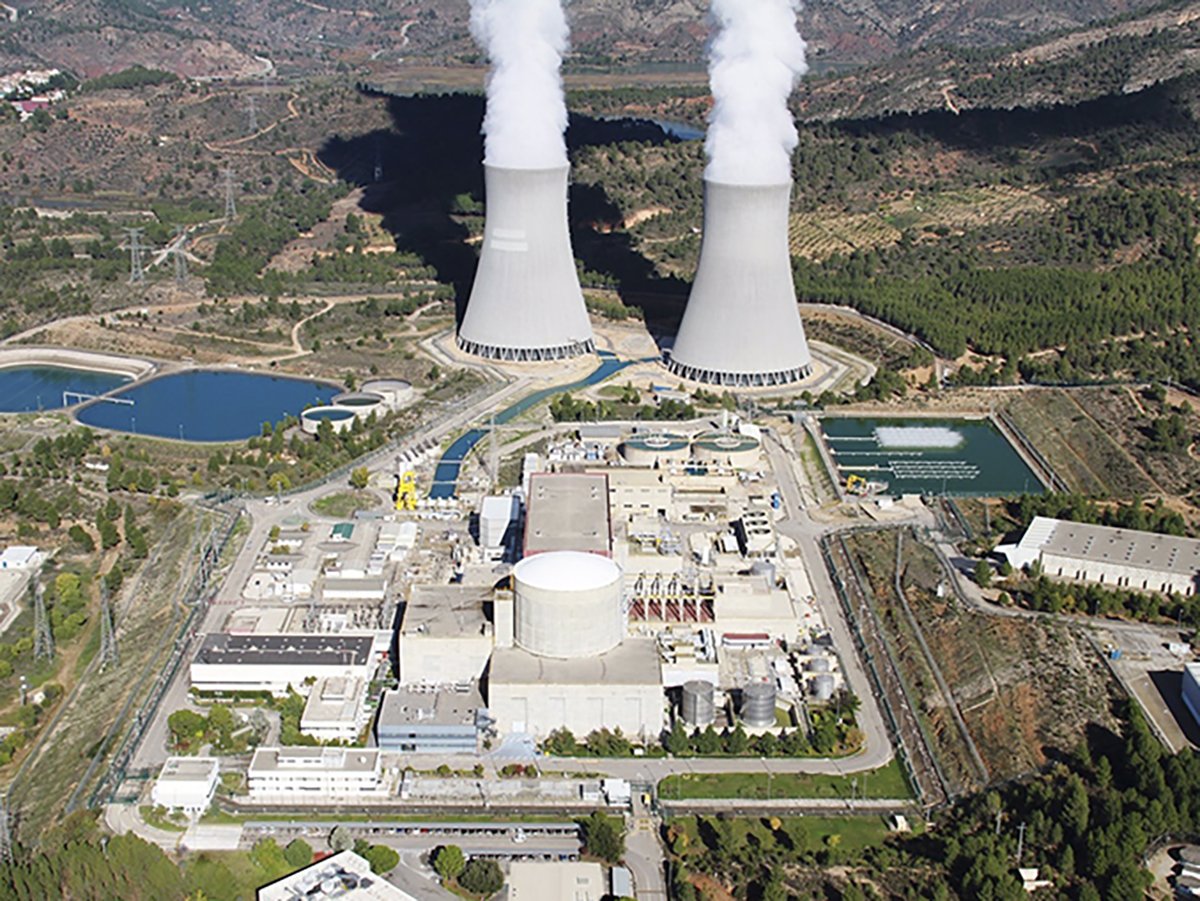Although Bitcoina is a virtual currency, environmental damage is real
- Like thousands of other cryptocurrencies, vitcoine is a currency exchanged in the numerical sphere. In addition to the risky speculation, these funds are regrettable for damage to the environment. Bitcoina’s own performance is problematic, as thousands of computers are turned on day and night to anticipate. Say, vitcoin needs 10 times more electricity than Google search. This real virtual reality is even more unsustainable in the context of the climate emergency.

Multiplying cryptocurrencies and at a time when the climate emergency is becoming inevitable to us, it is imperative that these currencies explain to us what follows from the environment. The influence of the virtual sphere on the real world can be summarized in two words: the ecological catastrophe. In fact, it needs a lot of energy so that cryptocurrency can be brought forward. Comparatively, the energy needed to channel vitcoins over a year is proportional to the annual consumption of New Zealand or Norway, according to estimates from the University of Cambridge. A Bitcoin transaction has the ecological cost of the transaction 735.121 visa, according to the Cambridge Bitcoin Electricity Consumption Index, created by this university.
In the report “El Salvador has turned vitcoine into official currency” of number 2748 of ARGIA, we speak of bitcoine and, more generally, of cryptocurrency, in the sense that the people of El Salvador named it as official currency. From an economic and geopolitical point of view, we are leaving to analyse in an ecological way, because we cannot summarise in two lines the ecological deterioration caused by virtual currencies. The problem is the very foundation and functioning of Bitcoina, and most cryptocurrencies. In fact, in the virtual sphere and without control agents, in order to avoid the controls of states and their central banks, the creators have proposed a different security system, which consists in the invention of mathematical calculations. The algorithms claim that there is no fraud: when you buy a bitcoin, the members of the cryptocurrency network, called miners, receive information with a mathematical calculation that you have to get right as soon as possible, called proff of work or “work test.” Thousands of computers, both on and off the ground today and night, ensure the obligation of miners – although the exact amount is unknown, those who follow this virtual space closely claim that there are a million computers –. So vitcoins need 10 times more electricity than Google a year. 128 TWh per year when Google needs 12.2 TWh.
The worst: the problem is getting worse, because, as you thought, it's getting more attractive and asking more electricity. “Bitcoina’s energy expenditure is intimately linked to its exchange value, which has multiplied by five in a year, attracting new miners with increasingly powerful computers”, can be read in the article of Reporterre Le Bitcoin, monnaie virtuelle mais gouffre environnemental réel (“Bitcoina, virtual currency but real abyss for the environment”). By the decision of Bitcoina’s creator, the increase in the number of miners makes it difficult to calculate correctly, forcing increasingly powerful technologies. If in 2008 a classic computer was enough at the time of the creation of the currency, much more efficient technologies are needed today.
“mining houses”: huge energies
The proff of work or “work test” phase has become a real industry. The machinery for calculation is becoming more and more powerful, with enormous ecological costs. One of the largest is the Northern Data, located in Texas (USA), a “caserío” or hangar filled with thousands of computers and follow the calculations of the web Energy.gov, which consumes 1 GWh per year – a range produced by 3.1 million photovoltaic plates.
All these computers generate heat and need a specific cooling system to ensure the cold temperature and thus avoid overheating problems on computers and servers. It is well known that the cooling system is also harmful to the environment. “Mining houses” are relocated by production to large electricity bills, to cheap energy populations or to cold countries. Until now, until September of this year, when cryptomonkeys are banned and mining is banned, China has been the gold of vitcoine, based on coal polluting mines. It is estimated that between 65% and 80% of the mining has taken place in it.
Faced with the impossibility of preserving the ecological disaster, the agents of the cryptocurrency world, as always, to paint the problem in green, would like to reach an agreement for the COP26 United Nations Conference, held in Glasgow in November. Different routes have been analysed, both for renewable energy and for carbon credits to compensate for carbon emissions. For the informatics Pierre Boulet we are in the logic of greenwashing: “Even if decarbonised energy is used, it is an energy that could be used for other things. This energy taken for mining encourages the construction of new structures to generate more energy.” Professor Jean-Paul Delahaye has the same opinion: “Sometimes mining demand drives the creation of power plants, solar panels, wind turbines or others, always useful exclusively for calculating calculations.” In Korii’s article, Quête de respectabilité, le bitcoin tourne vers le nucléaire (“In the name of respectability, vitcoina has opted for nuclear”), it is clearly explained that mining agents are entering into agreements with US nuclear power stations. By definition, nuclear energy is green because it does not deduce carbon, but the ruins and the nuclear accidents that are deducted are not so green. Obviously, the computer and other computer equipment is ecologically harmful, among other things, because the exploitation of the mineral raw materials present in them produces extreme contamination due to the chemicals used.
Using virtual currencies allows us to talk about the reality of a ttip minority without worrying too much. But if development were to continue, we would soon find it untenable: generalisation would require eight times the energy consumption of France or twice that of the United States, according to the Institut Mines Télécom.
Josu Estarrona EH Bilduko Arabako senatariak egindako galderari erantzun dio Espainiako Sustapen Ministerioak, eta hor berretsi du Ezkioko aukera zailtasunez beteta dagoela.
Festa egiteko musika eta kontzertu eskaintza ez ezik, erakusketak, hitzaldiak, zine eta antzerki ikuskizunak eta zientoka ekintza kultural antolatu dituzte eragile ugarik Martxoaren 8aren bueltarako. Artikulu honetan, bilduma moduan, zokorrak gisa miatuko ditugu Euskal Herriko... [+]
Laudion, Aiaran eta Okondon izango du eragina energia azpiegiturak eta plataformaren aburuz, proiektuak eta ingurumen-inpaktuaren azterketak gabezia garrantzitsuak dituzte.
Andeetako Altiplanoan, qocha deituriko aintzirak sortzen hasi dira inken antzinako teknikak erabilita, aldaketa klimatikoari eta sikateei aurre egiteko. Ura “erein eta uztatzea” esaten diote: ura lurrean infiltratzen da eta horrek bizia ekartzen dio inguruari. Peruko... [+]
Satorralaia plataformak Donostiako Metroaren Mirakontxa-Easo zatiko lanek “%164ko gainkostua” izan dutela salatu zuen joan den astean, eta, horren harira, EH Bilduk gainkostu hori argitzeko eskatu du, Eusko Legebiltzarrean erregistratutako galdera sorta baten bidez.
Agintari gutxik aitortzen dute publikoki, disimulurik eta konplexurik gabe, multinazional kutsatzaileen alde daudela. Nahiago izaten dute enpresa horien aurpegi berdea babestu, “planetaren alde” lan egiten ari direla harro azpimarratu, eta kutsadura eta marroiz... [+]
Mendizale batek asteburuan ikusi du animalia Lapurdiko Azkaine herrian, eta otsoa dela baieztatu du Pirinio Atlantikoetako Prefeturak. ELB lurraldean "harraparien presentziaren kontra" agertu da.
Elkarretaratzea egin zuen Aiaraldeko Mendiak Bizirik plataformak atzo Laudioko Lamuza plazan, Mugagabe Trail Lasterketaren testuinguruan.
Udaberri aurreratua ate joka dabilkigu batean eta bestean, tximeletak eta loreak indarrean dabiltza. Ez dakit onerako edo txarrerako, gure etxean otsailean tximeleta artaldean ikustea baino otsoa ikustea hobea zela esaten baitzen.
Nori ez zaio gustatzen ahuakatea? Ia denok atsegin dugu fruitu berri hori, di-da amaren batean etxekotu zitzaigun. Zenbat urte da ba dendaero ikusten hasi garela? Gure mahaietara iritsi aurretik, historia luzea du.
Gipuzkoako hamaika txokotatik gerturatutako hamarka lagun elkartu ziren otsailaren 23an Amillubiko lehen auzo(p)lanera. Biolur elkarteak bultzatutako proiektu kolektiboa da Amillubi, agroekologian sakontzeko eta Gipuzkoako etorkizuneko elikadura erronkei heltzeko asmoz Zestoako... [+]
Leihatila honetan behin baino gehiagotan azaldu ditugu Ama Naturaren engainuak bere izakiak babestearren. Batzuetan, erle edo liztor itxura zuten euliak ekarri ditugu, beste batzuetan inongo arriskurik ez duten arrisku-kolorazioko intsektuak ere bai (kolorazio aposematikoa... [+]
Espainiako Estatuko zentral nuklearrak itxi ez daitezen aktoreen presioak gora jarraitzen du. Otsailaren 12an Espainiako Kongresuak itxi beharreko zentral nuklearrak ez ixteko eskatu zion Espainiako Gobernuari, eta orain berdin egin dute Endesak eta Iberdrolak.









